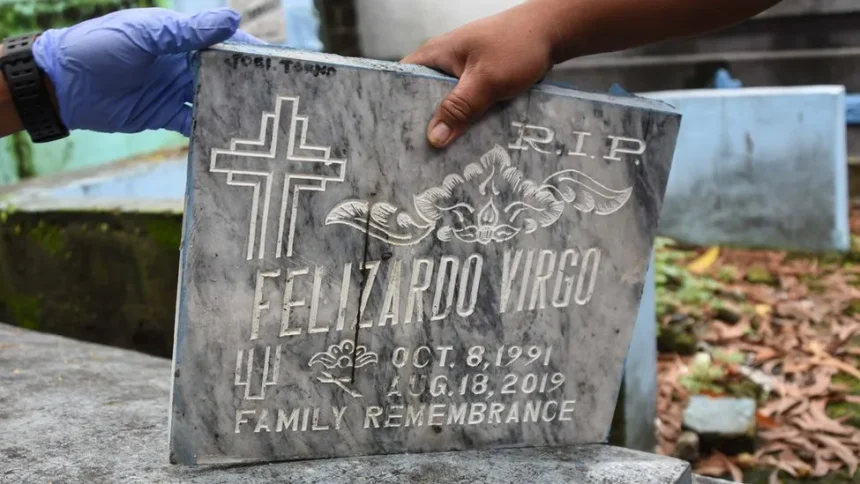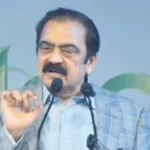As the front of the grave’s vault is pounded off, they observe. The remains of Felizardo Virgo, who was shot on August 18, 2019, at the age of 27, are found therein. His body is taken out with care and put inside a black body bag. Father Flavie inspects the grave before it is sealed to make sure all traces of the skeletonized bones have been removed; even a small fragment of bone could provide additional information about the shooting. In order to bring justice to thousands of families like hers who have lost loved ones to the brutal “war on drugs” in the Philippines, Erlinda believes her son’s bones will speak. Father Flavie and Dr. Raquel Fortun, a forensic pathologist, are leading this initiative.

When he took power in 2022, Mr. Duterte’s successor, Ferdinand Marcos Jr., pledged to use a different, less brutal strategy. Assistant secretary of the Justice Department Jose Dominic Clavano states, “We’ve been catching the large-scale pushers instead of going after every user, because the way the president sees it – this is a health problem, an addiction problem.” However, 342 drug-related deaths were reported in Mr. Marcos’ first year of office by the University of the Philippines’ Dahas Project, which is 40 higher than in the final year of Mr. Duterte’s administration. Furthermore, it’s estimated that small-time users and dealers made up 40% of those who died. “This administration does not support that,” Mr. Calvano declares. Duterte: A controversial but well-liked autocrat Rodrigo Duterte’s terrible legacy is something he acknowledges, despite







